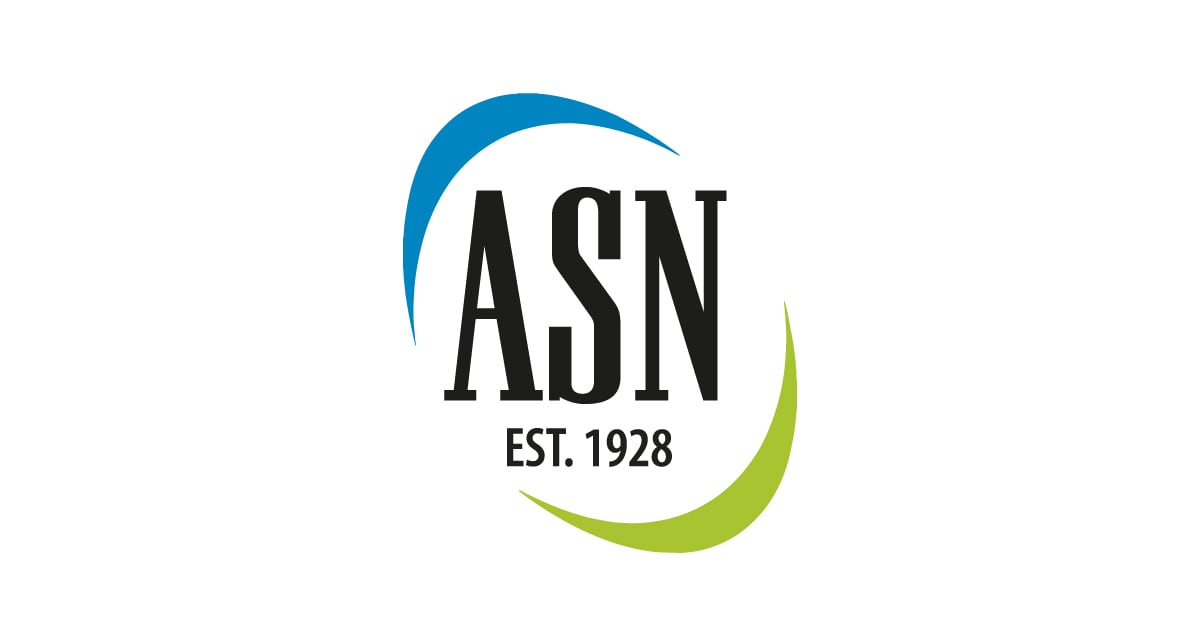Meet ASN’s 2024-2025 President, Sarah L. Booth, PhD. Dr. Booth has been a member of ASN since 1996 and has served as Treasurer, member of various committees and task forces, Deputy Editor of Current Developments in Nutrition and Associate Editor of Advances in Nutrition. She was awarded the 2018 ASN E.V. McCollum Award and the 2016 ASN Volunteer of the Year Award in addition to other honors in the broader nutrition community.

2024-2025 President of ASN
Please introduce yourself. Feel free to share anything you would like us to know about you.
I have the privilege of being the director of the Jean Mayer USDA Human Nutrition Research Center on Aging (HNRCA). HNRCA scientists conduct exciting research at the intersection of aging and nutrition. My position allows me to showcase their accomplishments and facilitate new collaborations, something that keeps the research relevant and interesting. I am also a scientist who does all things vitamin K. The team I work with is exceptional and we do everything from analyzing common foods to the conduct of clinical trials. We also collaborate with the most fascinating researchers, so we are constantly learning new techniques and exploring new research questions.
What drew you to the field of nutrition science, research, and practice? What led you to become involved in ASN?
Nutrition is one of the most complex, inter-disciplinary fields of science that has so much practical application. I was initially drawn to the practical application of nutrition but quickly found that my strengths were in research. I have been blessed with many mentors from all walks of life who have helped me shape my career. I came to be involved in ASN through the ASN journals. Dr. John Suttie, who was editor of Journal of Nutrition at the time, was reviewing one of my manuscripts and called me up to inform me of all the things wrong with it. That was the first time I had encountered Dr. Suttie, and thereafter, he took it upon himself to mentor me and provide opportunity after opportunity for career advancement. He also told me to be more active in ASN and it turned out to be excellent advice.
How has your career developed as a result of being an ASN member? What advice would you give to Student or Early Career Members looking to advance in their careers?
I was late to ASN as an active member. I was always advised to establish my research program first. Engagement in professional societies and prestigious committees would come later, at which time they would be more rewarding. I have found that to be invaluable advice. While I valued the ASN journals early in my career, I did not engage in committees until I was in my mid-career. There are so many opportunities for trainees and early career members that it can become tempting to say yes to every invitation and then one feels over-extended and spends a great deal of time apologizing for being late on deadlines. I would recommend that one reflects on their top priorities and then dive deep and excel in those first. Also, it is important to acknowledge and embrace all those who want to mentor you – mentoring is a gift that should never be taken for granted.
What are your top priorities as ASN President? How do you plan to achieve these goals? My priorities focus on: (1) promoting professional success and retention of mid-career scientists in the field of nutrition; and (2) stimulating engagement among federal agencies, the private sector, and researchers to more effectively address important knowledge gaps in nutrition. Mid-career scientists fall into a void when it comes to career recognition and infrastructure to support professional activities as our systems favor recognition and/or support at either end of the career trajectory. Mid-career scientists also experience unique pressures in life-work balance. As a society, we need to seek out our mid-career professionals, listen to their concerns, embrace their accomplishments, and learn how we can collectively support our members during this critical professional period. In terms of addressing important knowledge gaps in nutrition, there needs to be more open engagement among different stakeholders. We are still addressing questions posed by Atwater in the late 1800s and if we are going to move nutrition forward, we need to get smarter about how we frame the questions, design the studies, fund the researchers, interpret the data and communicate the findings. Our society is in a unique position to bring many of the key stakeholders together to start the conversation on what is a long-term problem that we can solve together.



